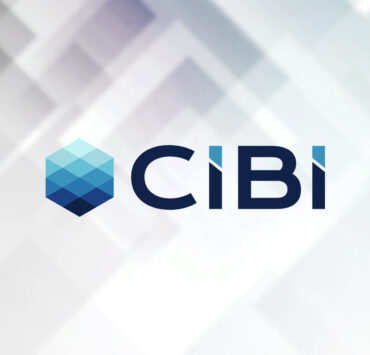Why consumer companies aren’t performing as strongly as expected

Back in January, we said that we expected consumer companies to perform well this year. At the time, rice and oil prices were trending lower, pulling down inflation. Lower inflation meant more money in consumers’ wallets, which should translate into higher spending. On top of that, 2025 is an election year—and historically, consumer spending growth accelerates during election years because of campaign spending.
True enough, most consumer companies saw sales growth pickup in the first six months of the year. However, growth was not phenomenal as those targeting the mass market still struggled. One possible reason could be the growing popularity of online gambling, which is eating into the consumer wallet. Philippine Amusement and Gaming Corp. (Pagcor) reported that in the first half, gross gaming revenues from online gambling jumped 82.6 percent and already made up for 53.4 percent of total gaming revenues in the country.
Margins of many companies also came under pressure as they were hit by higher input costs, with commodities like palm oil, coconut oil, coffee and cocoa all becoming more expensive. Some firms also faced higher interest expenses as they had to borrow more to finance raw material purchases at higher prices.
While it is tempting to think that the worst is over, risks remain. Coconut oil prices are still elevated—up 34 percent year-to-date. While palm oil, coffee and cocoa have come down from their peaks earlier this year, prices of palm oil and coffee have rebounded recently. Palm oil is up 20 percent from its May low, while coffee is higher by 39 percent from its July low.
At the same time, the job market could weaken. A Bangko Sentral ng Pilipinas (BSP) survey showed manufacturers are holding back on expansion and hiring due to uncertainty over the impact of higher US tariffs. Exporters are particularly vulnerable as the real impact of Trump tariffs will only kick in during the second half. This, as numerous American buyers front-loaded orders in the first half. Fewer jobs would inevitably weigh on consumer spending.
Retailers are also feeling the pressure from cheap imports, especially from China, which is suffering from overcapacity. These products are widely sold on popular online platforms like Shopee, Lazada and Temu. Sellers also enjoy a significant tax advantage over local retailers, making competition even tougher.
Still, there are reasons to be optimistic. Regulators are tightening controls on online gambling and efforts are bearing fruit. Just this month, the BSP ordered e-wallets and financial platforms to cut off links to gambling sites. This led to a drop in transactions by as much as 50 percent, according to Pagcor.
Meanwhile, the BSP is expected to cut rates twice by another 50 basis points before year-end. This could spur investment, generate new jobs and give consumers more confidence to spend.
Looking ahead, consumer companies will need to navigate a very mixed environment. On one hand, they face headwinds from elevated commodity prices, weaker job creation and tougher competition from online imports. On the other, there are tailwinds from monetary easing and regulatory reforms on online gambling. The challenge for investors is to identify which companies have what it takes to overcome the challenges and to capitalize on the opportunities. This, in turn, will allow their profits to grow faster and their share prices to appreciate.


















